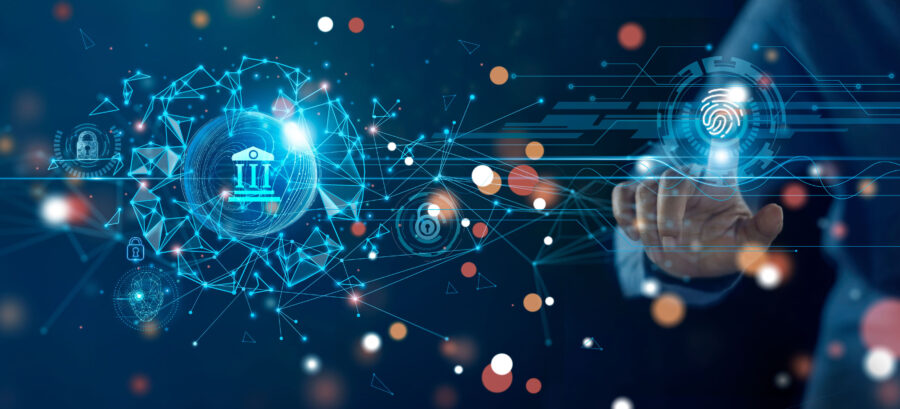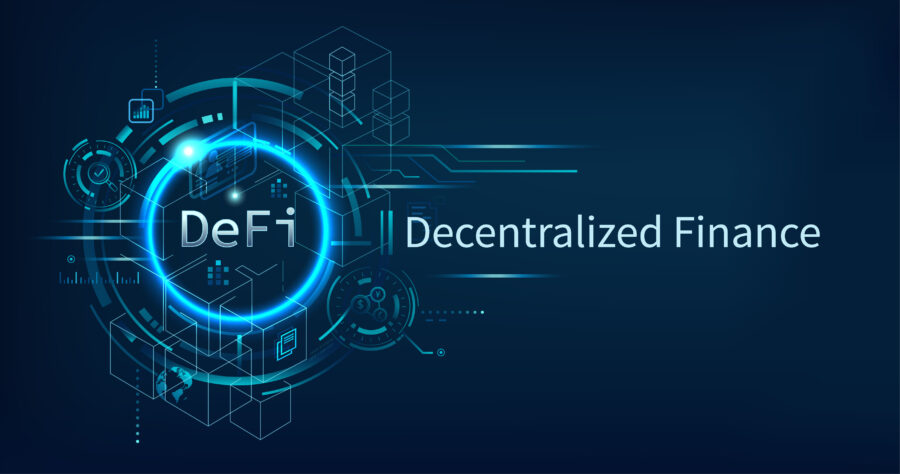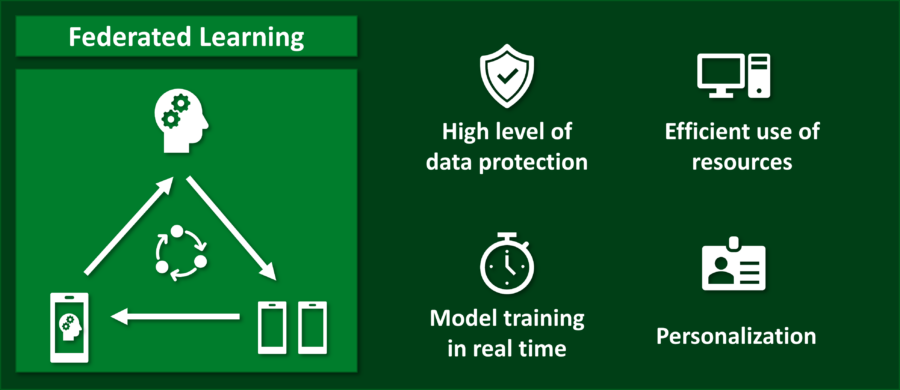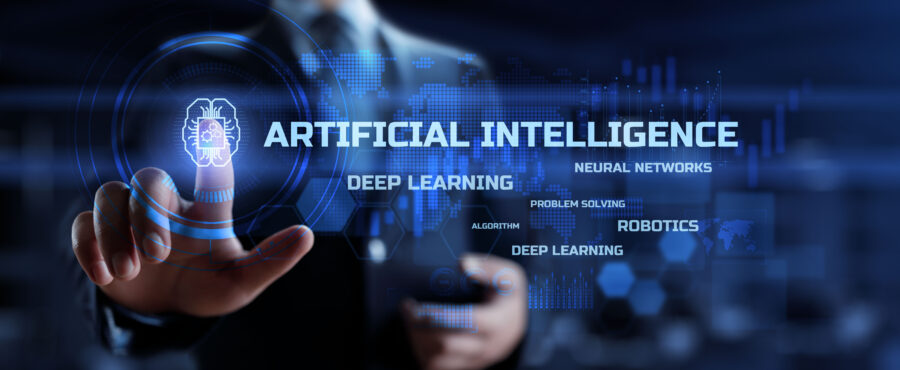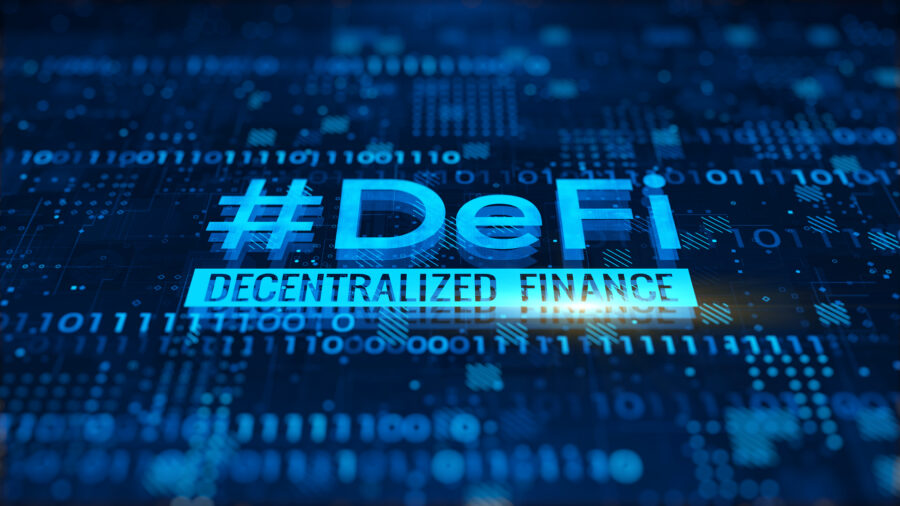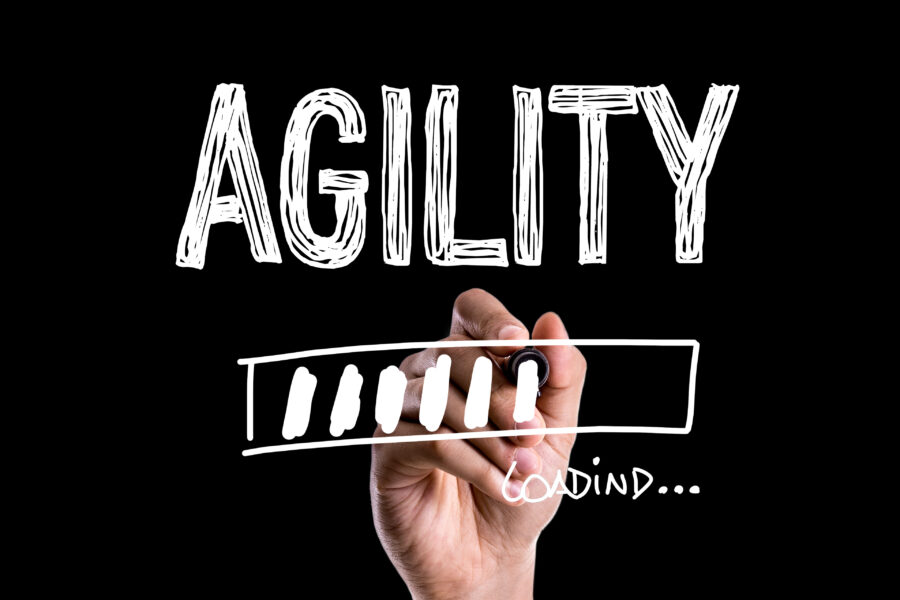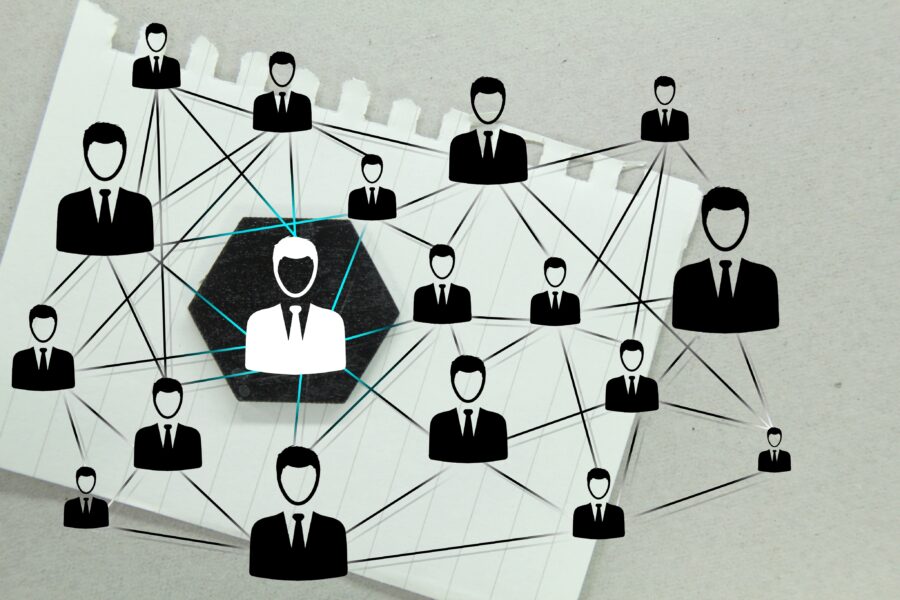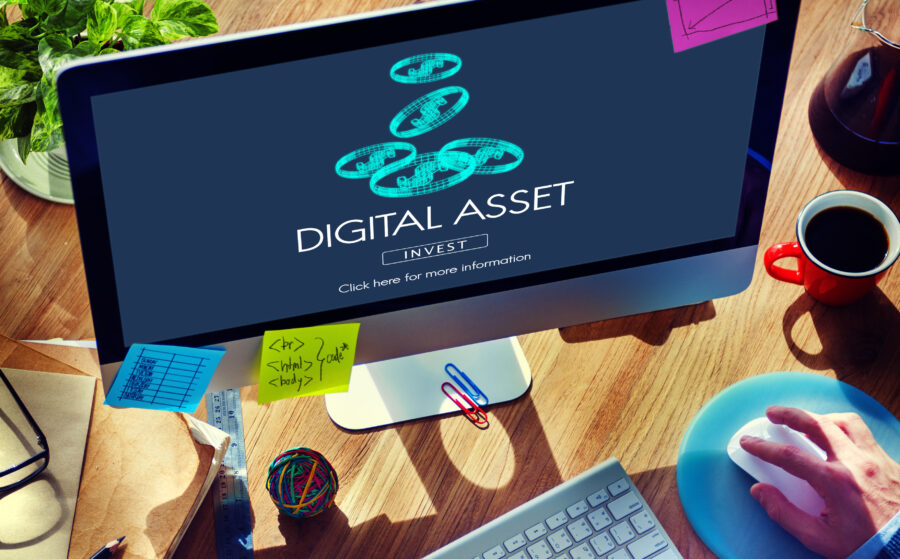
Objectives and Key Results (OKRs) and Agile Management: How OKRs Can Support Agile Leadership
The abbreviation OKR, which stands for objectives and key results, is a method that pursues the goal of promoting transparency, clarity and communication of goals and justifying the prioritization of activities. In February, Fabian Lehner already wrote about the basics and the potential of OKRs in the blog post “OKR – The Key to a Successful Company”. After all, many fast-growing companies such as Google, Spotify, LinkedIn or Amazon use this method. Building on this blog post, today we would like to explore the question of how OKRs support agile management and how agile leadership with OKRs actually works.
Continue reading »
